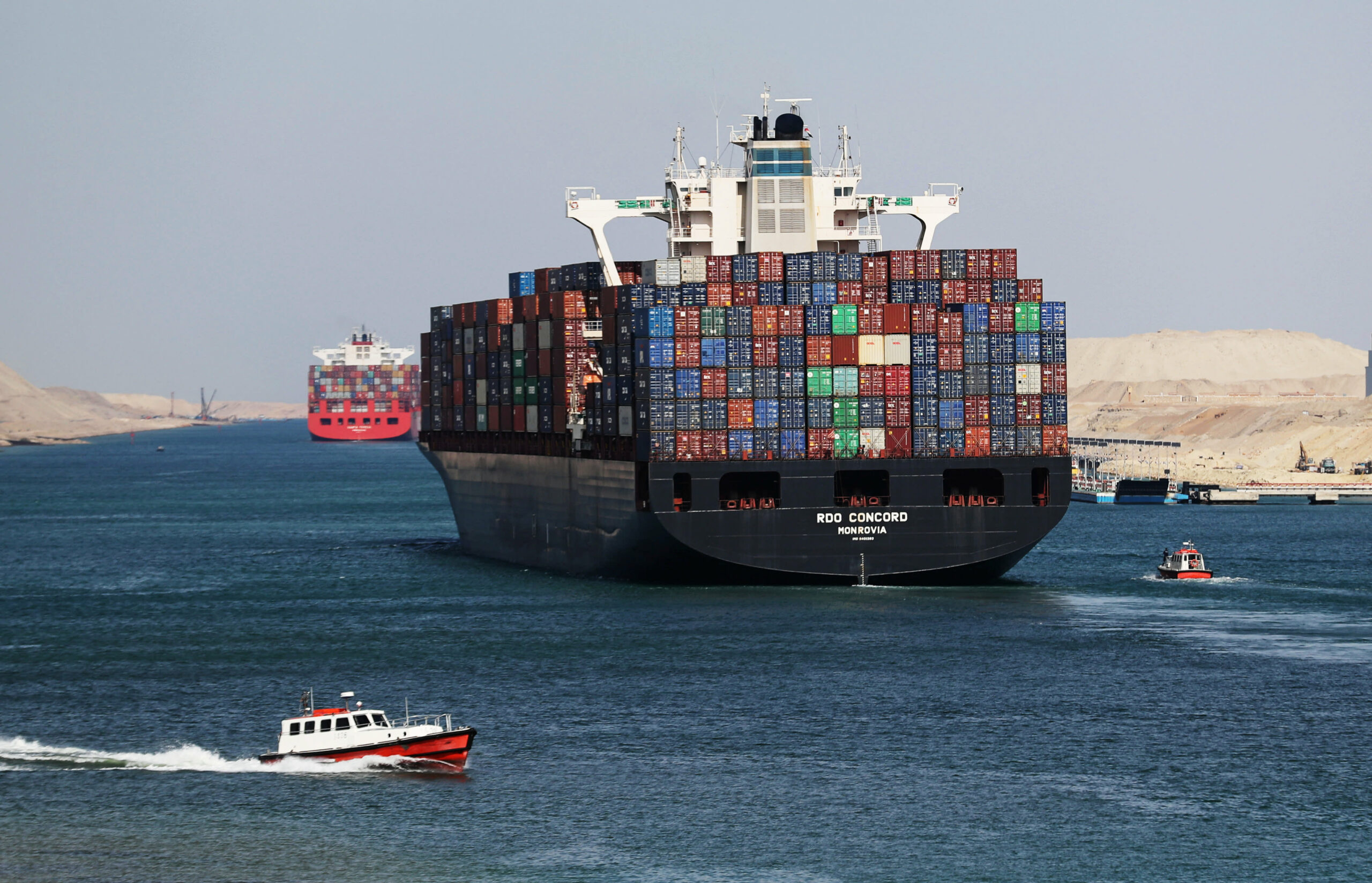
10 Jul U.S. West Coast Port Workers’ Unions Refuse Diverted Containerships, Raising Supply Chain Concerns
Introduction:
The unions representing U.S. West Coast port workers have taken a firm stance by refusing to handle containerships that were originally bound for the Port of Vancouver but were redirected to the Port of Seattle. This decision comes amidst an ongoing labor strike at West Coast ports in Canada, now entering its seventh day. The situation is causing disruptions in the North American supply chain, prompting concerns from industry stakeholders. Let’s explore the details and potential impact of this development.
Background:
Containerships originally intended for the Port of Vancouver are now being rerouted to the Port of Seattle, presenting a significant challenge for port workers’ unions responsible for cargo handling. While the exact reasons behind the diversions remain unclear, the MSC steamship line has already inform to redirected its vessels to Seattle, suggesting a possible trend.
Labor Strikes:
The refusal to handle diverted containerships coincides with a week-long labor strike at West Coast ports in Canada. This strike has resulted in reduced operations, delays, and disruptions across the supply chain. Canadian Labor Minister Seamus O’Regan Jr. has discussed the strike’s impact on the North American supply chain with acting U.S. Labor Secretary Julie Su.
Implications for the Supply Chain:
The unions’ decision not to handle diverted containerships raises concerns about the efficiency and reliability of the North American supply chain. With ongoing labor strikes in Canada, diverting containerships to Seattle adds further complexity. This situation may lead to delays, congestion, and potential bottlenecks at both ports, impacting timely deliveries.
The supply chain disruptions have wider implications for businesses across sectors. Manufacturers, retailers, and distributors heavily rely on smooth port operations for shipping and receiving goods. Any interruptions or delays can result in inventory shortages, increased costs, and dissatisfied customers. Moreover, these disruptions may affect international trade and have economic consequences for the United States and Canada.
Efforts to Resolve the Situation:
To mitigate the impact of labor strikes and diverted containerships, all parties involved should engage in dialogue to find a resolution. Governments, labor unions, and industry representatives must collaborate to address workers’ concerns while ensuring a smooth flow of goods across the supply chain.
Conclusion:
The refusal of U.S. West Coast port workers’ unions to handle diverted containerships, coupled with ongoing labor strikes in Canada, poses a significant challenge to the North American supply chain. Stakeholders need to work together to find solutions that prioritize efficient goods movement and address workers’ concerns. Through open communication and cooperation, disruptions can be minimized, ensuring the stability and functionality of ports and the overall supply chain.

